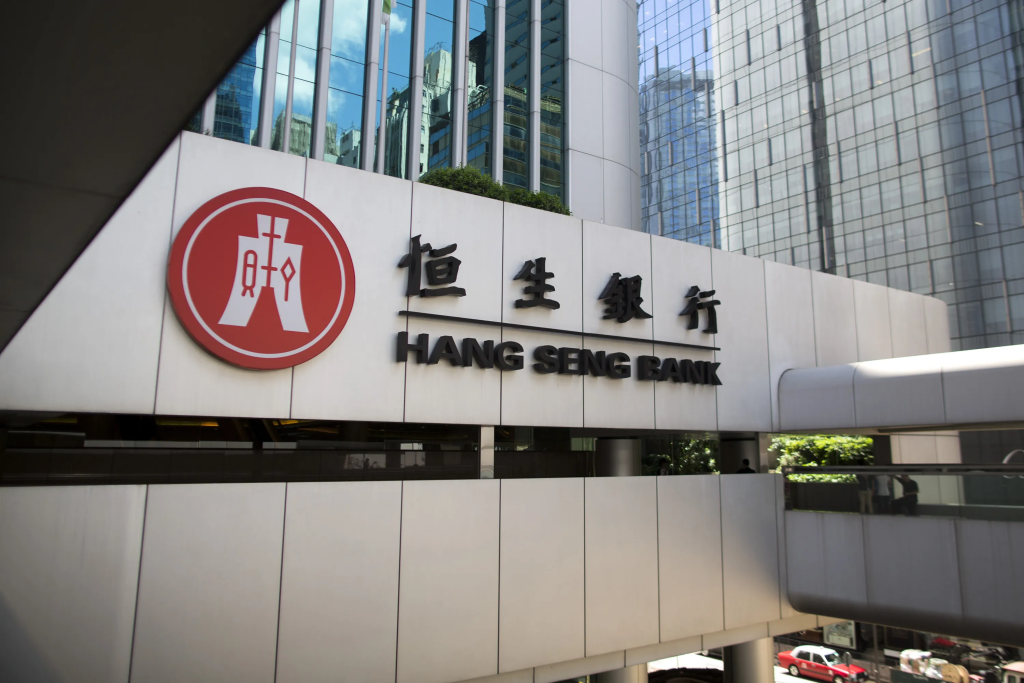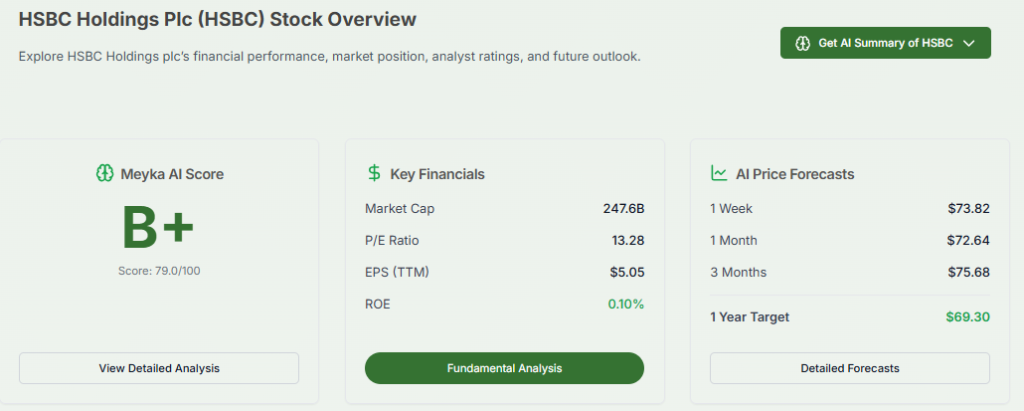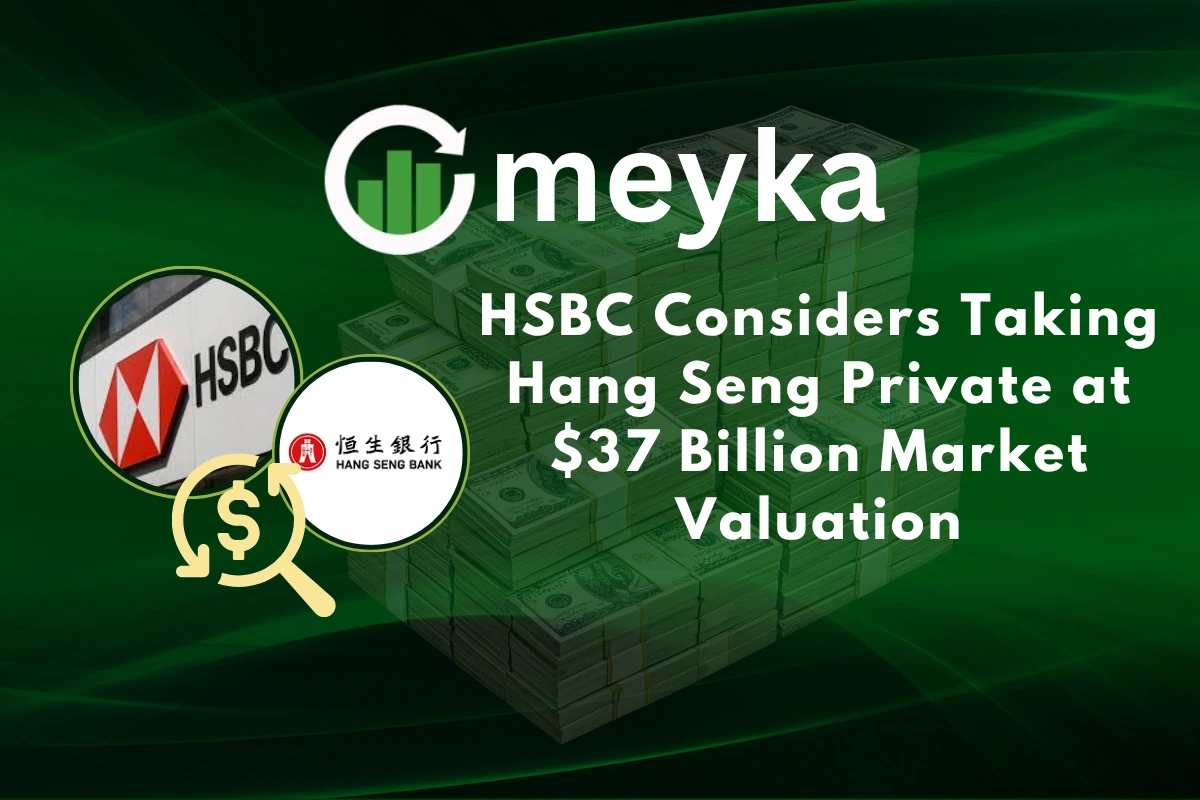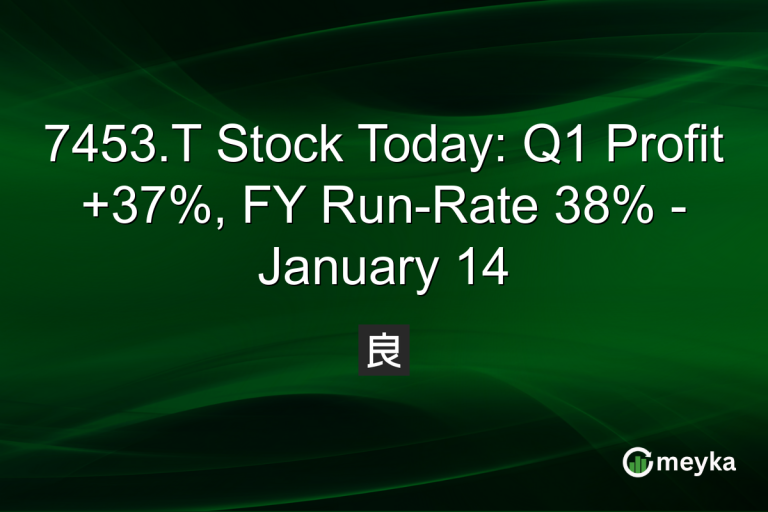HSBC Considers Taking Hang Seng Private at $37 Billion Market Valuation
In October 2025, global banking giant HSBC shocked the market by exploring the idea of taking Hang Seng Bank private at a $37 billion valuation. This is a major move because Hang Seng is one of Hong Kong’s most trusted banks and has been partly owned by HSBC for decades. Today, HSBC already holds about 62% of Hang Seng, but buying the remaining shares would give it full control for the first time.
Why is this important? Because it could reshape the banking landscape in Hong Kong and across Asia. It could also impact shareholders, customers, and even future market listings. Some experts think HSBC wants to cut costs, boost profits, and build a stronger presence in Asia. Others worry about the high price, regulatory pressure, and risks of such a big deal.
This possible buyout raises many questions. Will regulators approve it? Will shareholders accept the offer? And how will this change the future of both banks? This introduction sets the stage to explore the reasons, challenges, and impact of this bold move.
Background: HSBC & Hang Seng Bank
Hang Seng Bank, founded in 1933, is one of Hong Kong’s largest and most established financial institutions. Originally a money-changing shop, it evolved into a full-service commercial bank. In 1965, following a significant bank run, HSBC acquired a controlling 51% stake in Hang Seng.

Over the years, HSBC increased its ownership, and as of October 2025, it holds approximately 63% of Hang Seng’s shares. Hang Seng operates over 250 branches and serves around 4 million customers, offering a range of services including retail banking, wealth management, and corporate banking.
Why HSBC Might Want to Take Hang Seng Private?
HSBC’s proposal to privatize Hang Seng Bank is driven by several strategic considerations. By acquiring the remaining 37% stake, HSBC aims to streamline operations, reduce costs, and enhance profitability by eliminating minority interest deductions.
This move would also allow for greater integration of services and technology, aligning Hang Seng more closely with HSBC’s global operations. Additionally, the privatization reflects HSBC’s confidence in Hong Kong’s long-term role as a global financial hub, despite current challenges in the property sector.
Valuation Discussion: $37 Billion Market Value
The proposed deal values Hang Seng Bank at approximately HK$290 billion (US$37 billion). HSBC is offering HK$155 per share, a 30% premium over Hang Seng’s previous closing price. This valuation reflects Hang Seng’s strong financial performance, including a net profit of HK$18.4 billion in 2024 and a return on equity of 11.3%. The offer is structured as an all-cash bid, and if approved, it would be the largest banking acquisition in Hong Kong since 2014.
Regulatory and Legal Challenges
The privatization proposal is subject to approval by Hang Seng’s shareholders and the Hong Kong court. Additionally, the Hong Kong Monetary Authority has expressed support for the transaction, recognizing its significance in reinforcing Hong Kong’s financial sector.
However, the deal’s completion hinges on regulatory scrutiny, particularly concerning competition laws and the potential impact on the banking landscape.
Market Reaction and Investor Sentiment

Following the announcement, Hang Seng Bank’s stock surged by 26%, reflecting investor optimism about the deal. In contrast, HSBC’s share price fell by 6%, partly due to the suspension of share buybacks to fund the acquisition.

Analysts have mixed views on the deal; some view it as a strategic consolidation, while others express concerns about the premium paid and the potential integration challenges.
Impact on Hang Seng Bank
If the privatization proceeds, Hang Seng Bank will cease to be a publicly traded entity. HSBC plans to retain Hang Seng’s brand and branch network, ensuring continuity for customers and employees. The integration process will involve aligning operations and systems, which may lead to cost savings and improved efficiency. However, the transition could also present challenges in terms of organizational culture and operational integration.
Impact on HSBC

For HSBC, acquiring full control of Hang Seng Bank offers the opportunity to consolidate earnings and streamline operations. The deal is expected to be accretive to earnings per share in the long term. However, the acquisition will temporarily reduce HSBC’s Common Equity Tier 1 (CET1) capital ratio by 125 basis points, leading to a suspension of share buybacks for three quarters to restore capital levels.
Broader Market and Economic Implications
The proposed privatization underscores HSBC’s commitment to its Hong Kong operations and reflects broader trends in the banking industry towards consolidation and regional focus. The deal may influence other financial institutions to reassess their strategies in Hong Kong and Asia. Additionally, the transaction highlights the challenges faced by banks in navigating economic pressures, such as the downturn in the property market and rising impaired loans.
Risks & Challenges to the Plan
The primary risks associated with the privatization include regulatory hurdles, integration challenges, and the financial implications of the acquisition. Regulatory approval is not guaranteed, and any opposition from shareholders or regulatory bodies could derail the deal. Furthermore, integrating Hang Seng Bank into HSBC’s operations will require careful planning and execution to realize anticipated synergies and efficiencies.
What does it mean for Investors?
Investors in Hang Seng Bank may benefit from the 30% premium offered in the buyout, providing an immediate return on their investment. However, they will lose exposure to Hang Seng’s future growth and dividends. HSBC investors should consider the long-term strategic benefits of the acquisition, balanced against the short-term financial impact and potential risks associated with the deal.
Future Outlook & Scenarios
If the privatization is approved, HSBC will likely focus on integrating Hang Seng Bank’s operations and capitalizing on synergies to enhance profitability. In the event of regulatory challenges or shareholder opposition, HSBC may need to reassess its strategy and consider alternative approaches to strengthen its position in Hong Kong.
Wrap Up
HSBC’s proposal to privatize Hang Seng Bank represents a significant strategic move in the banking sector. While the deal offers potential benefits in terms of operational efficiency and market focus, it also presents challenges that require careful consideration and management. The outcome of this transaction will have implications not only for HSBC and Hang Seng Bank but also for the broader financial landscape in Hong Kong and beyond.
Frequently Asked Questions (FAQs)
On October 9, 2025, HSBC announced plans to buy all remaining Hang Seng shares. This helps HSBC control the bank fully, save costs, and combine operations for better profits.
If approved, it will keep its brand and branches. Customers can still use all services. The change may give them access to more HSBC products and global support.
Disclaimer: The above information is based on current market data, which is subject to change, and does not constitute financial advice. Always do your research.






